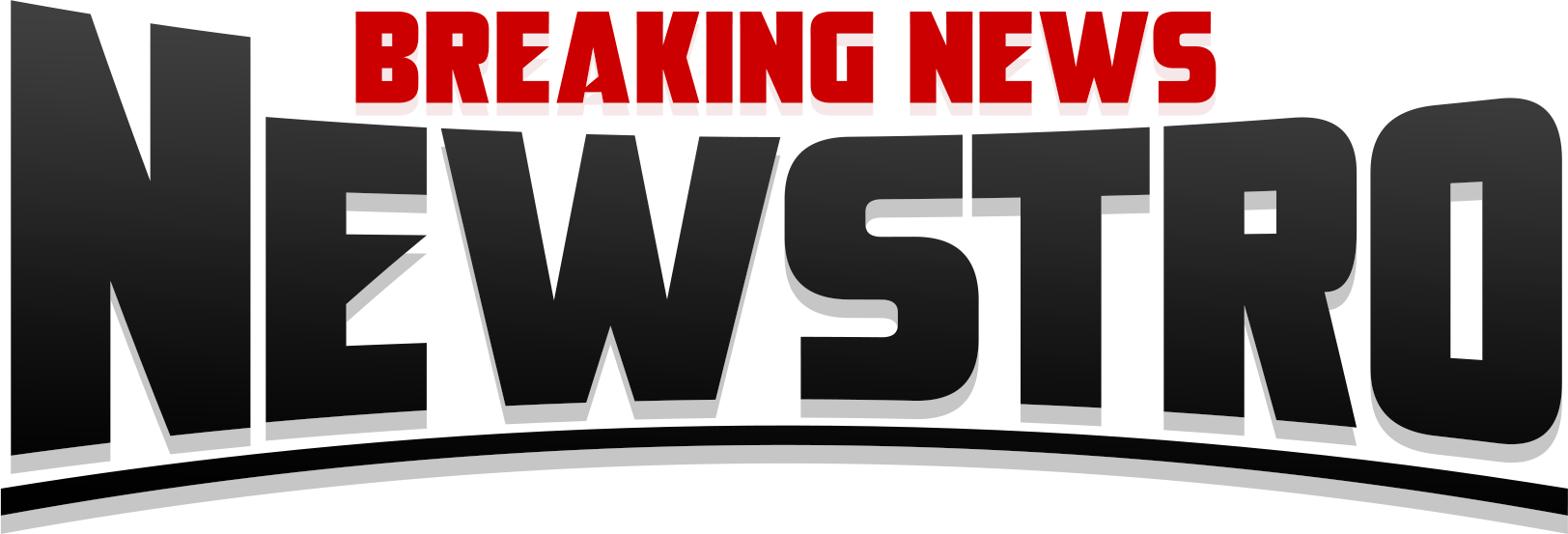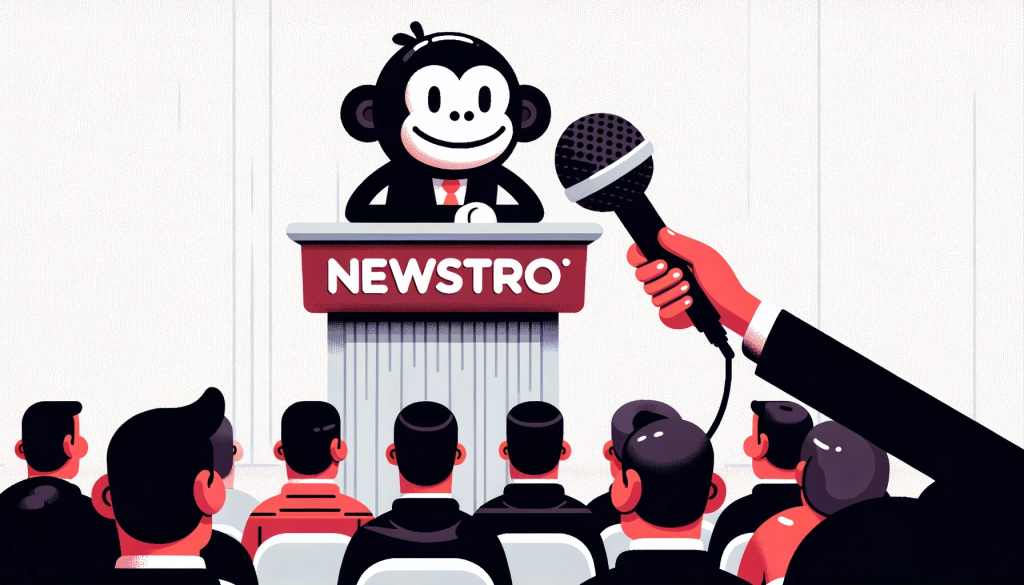In a recent interview, Senator Joe Manchin (D-WV) avoided confirming his intentions for the 2024 presidential race. Despite his decision not to seek Senate re-election, he remained noncommittal about entering the presidential contest, sparking speculation about his political future.
Quick Facts
- 2024 Presidential Ambitions: Senator Joe Manchin has not confirmed his participation in the 2024 presidential race, maintaining ambiguity about his political plans.
- Senate Re-election Decision: Manchin recently announced his decision not to seek re-election in the Senate, fueling rumors about a potential presidential bid.
- Political Stance: Despite being a Democrat, Manchin emphasized his American and independent identity, highlighting his comfort in working across party lines.
Senator Joe Manchin’s recent interview has led to widespread speculation regarding his political aspirations. His decision not to seek Senate re-election has opened the possibility of a presidential bid. However, Manchin has strategically evaded direct answers about his potential candidacy in 2024. This move keeps both his supporters and political analysts in a state of anticipation about his next step.
While discussing his future, Manchin emphasized a non-partisan approach, stating his allegiance foremost to the country rather than strictly to his party. This stance reflects his history of often aligning with more centrist or even conservative viewpoints, which has sometimes put him at odds with the Democratic party’s mainstream ideologies. His bipartisan approach in a deeply polarized political climate is a notable aspect of his political persona.
Manchin’s refusal to confirm his presidential ambitions or endorse other potential candidates like Donald Trump or Joe Biden adds an intriguing dynamic to the upcoming presidential race. His position as a key centrist figure in the Senate and his noncommittal stance on the 2024 presidential run continue to be a focal point in current political discussions.
| For Further Reading | In the political realm, Centrism is a significant concept, especially relevant in the context of Senator Joe Manchin’s political stance. Centrism involves adopting a moderate viewpoint that draws from both conservative and liberal ideologies. Centrists often prioritize balance and pragmatism over ideological purity, playing a crucial role in bipartisan collaboration. This approach is particularly vital in polarized political environments where finding common ground is essential for governance. (Wikipedia: Centrism) |
|---|
Q&A Section
What is Joe Manchin’s current political role?
Joe Manchin is a U.S. Senator from West Virginia, known for his centrist positions within the Democratic Party.
Why is Manchin’s decision about the 2024 presidential race significant?
Manchin’s decision is pivotal due to his influence as a moderate Democrat who can sway bipartisan support, potentially impacting the overall dynamics of the presidential race.
Has Manchin expressed support for any presidential candidate?
As of now, Manchin has not publicly endorsed any candidate for the 2024 presidential race, including Donald Trump and Joe Biden.
Original article source: Washington Examiner

